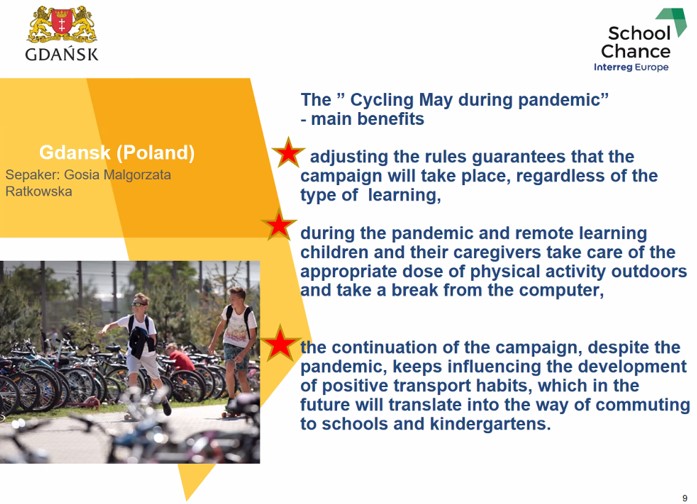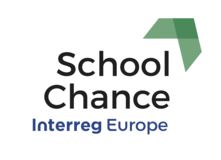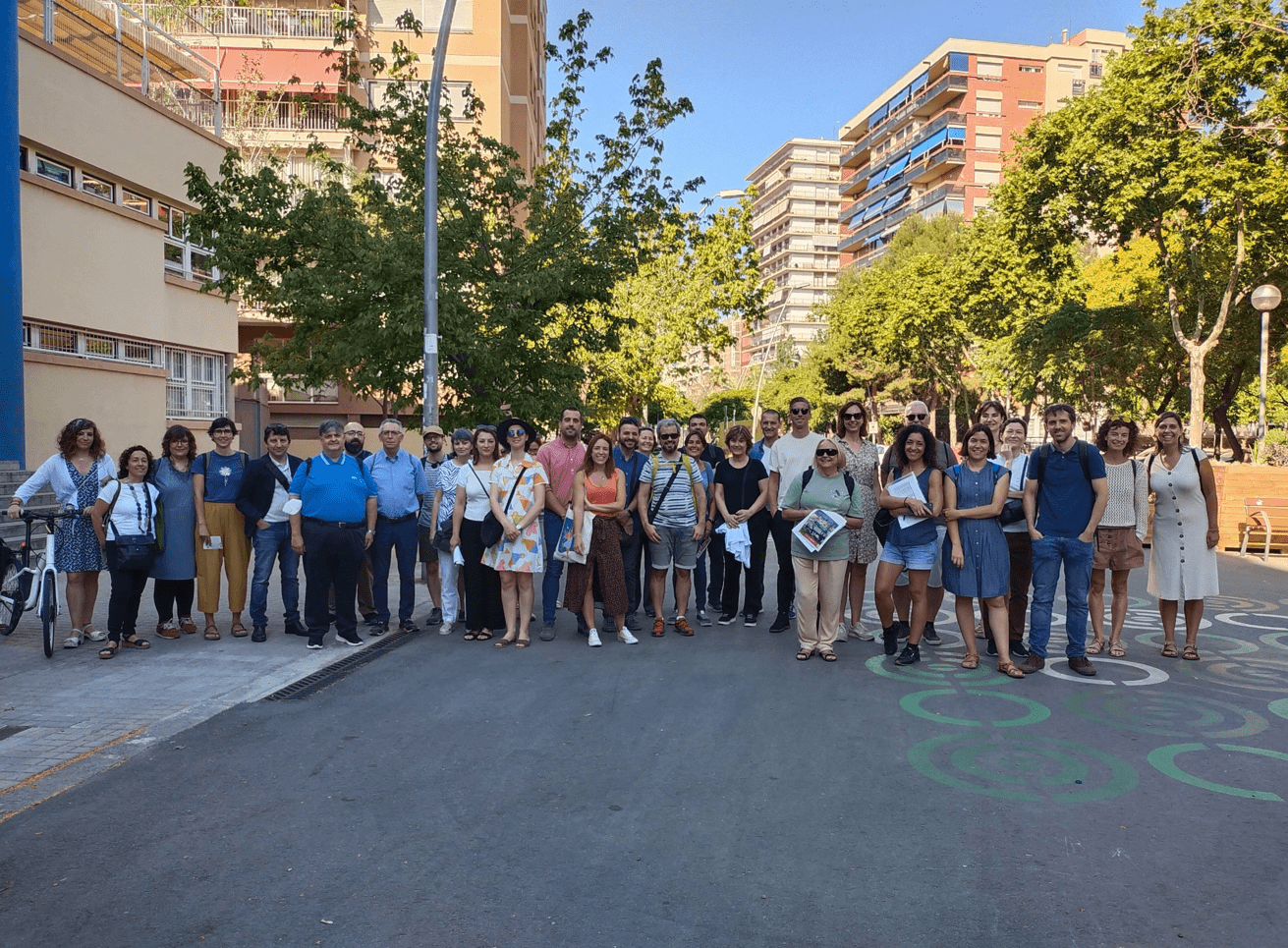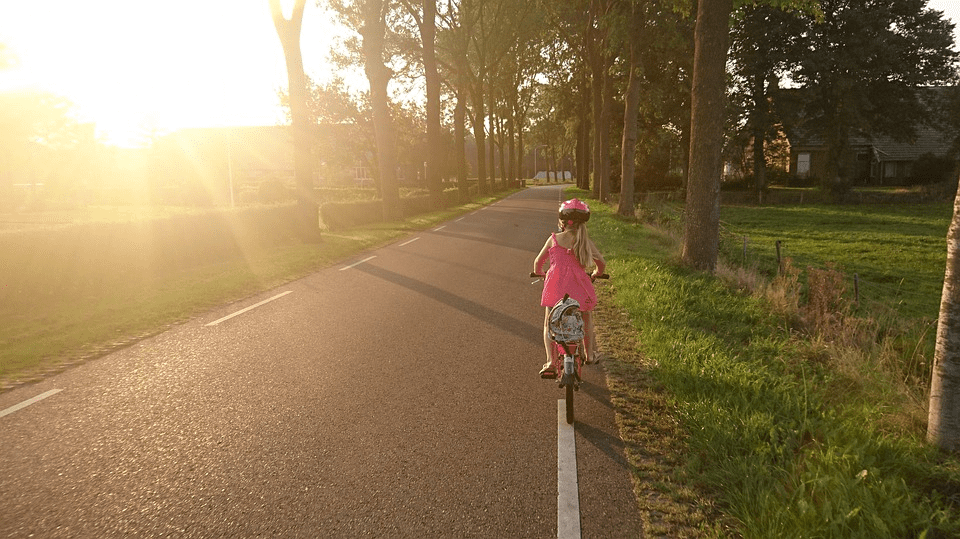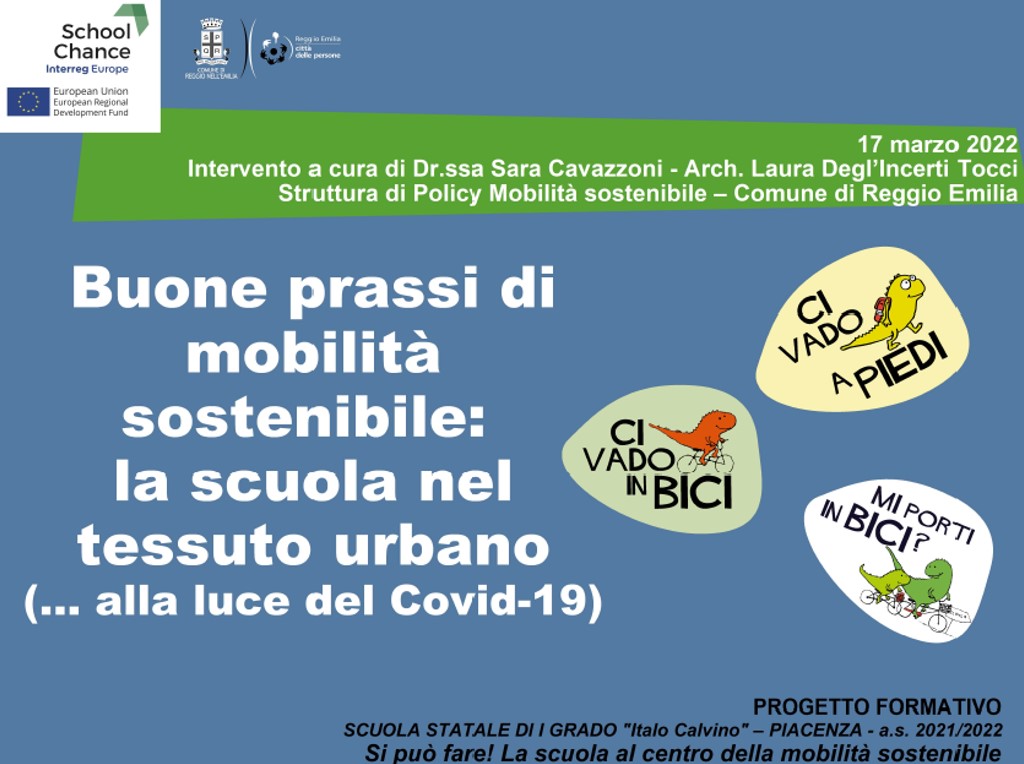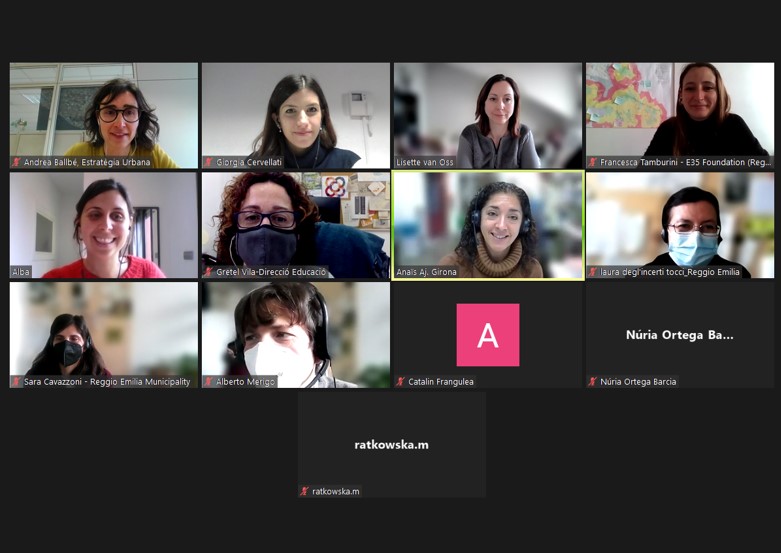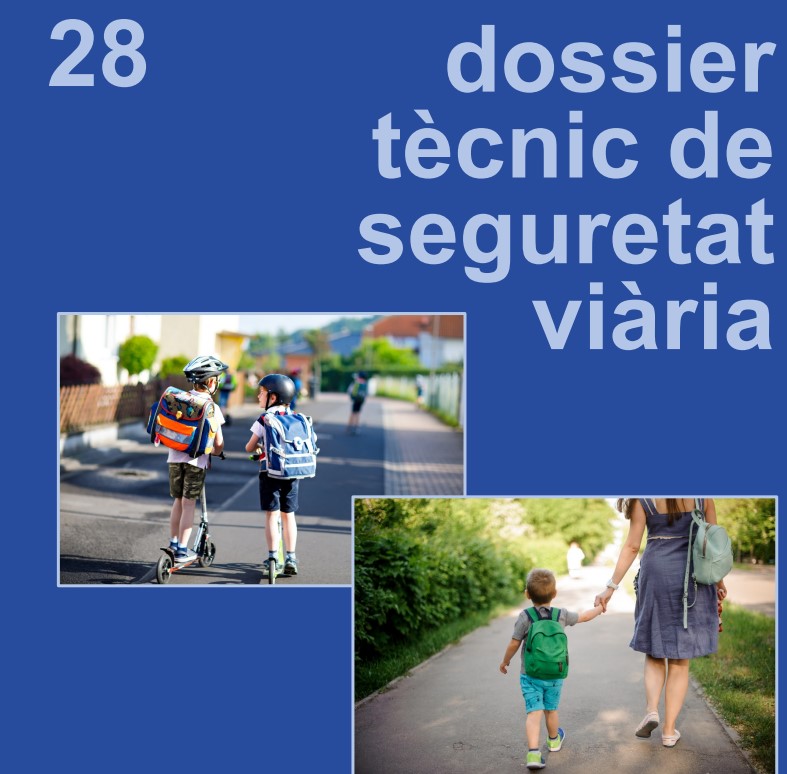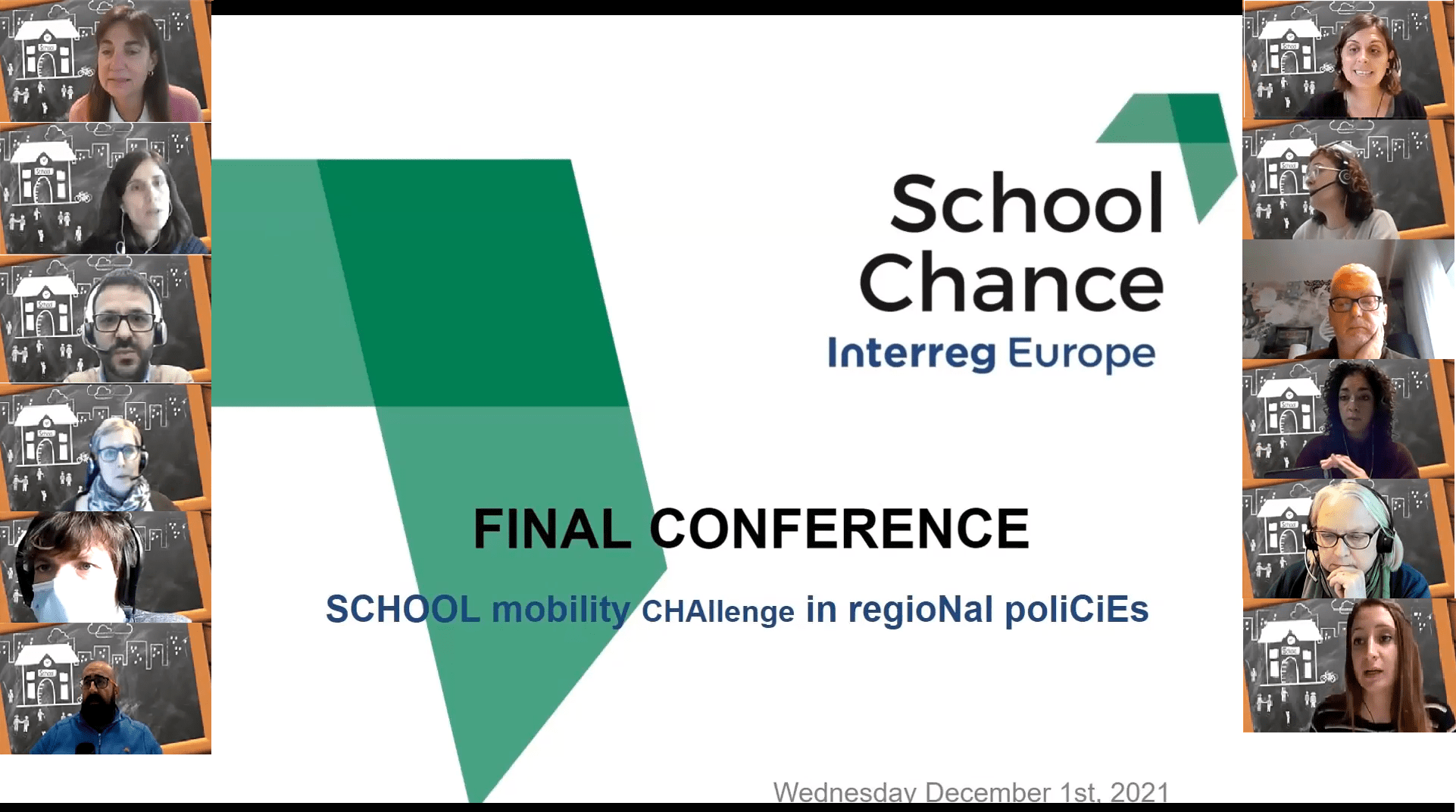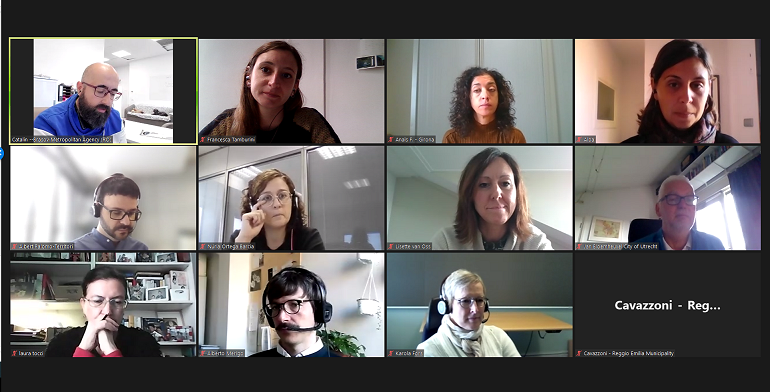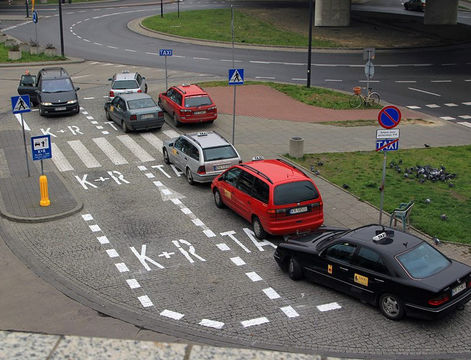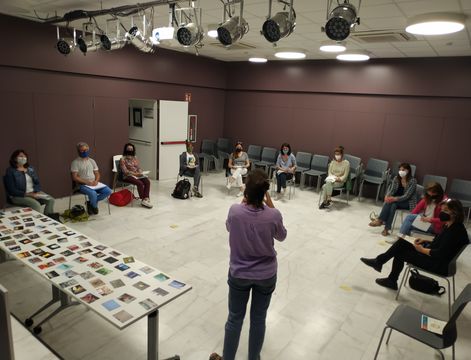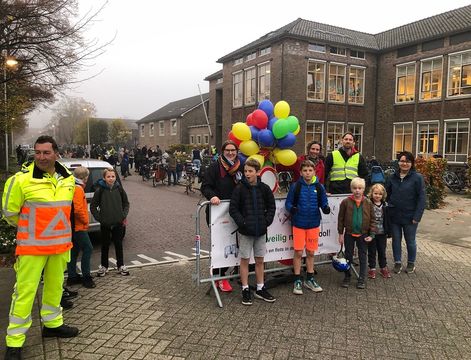On the 30th of March, the second Transfer webinar took place online. The webinar was the occasion to present 3 good practices by Brasov, Utrecht and Gdansk and to learn from the experience of other cities, discuss issues and practical implementation and figure out how to transfer such good practices in own context.
Brasov
Brasov presented the good practice of bus service reserved to students and staff school. Many students come from areas far away from the school and this leads to an increase of traffic in the historic centre of the city. In addition, during the pandemic, people re-started to use private means of transport and to avoid public spaces. The Municipality organised a public transport dedicated to children and teachers in order to decrease the traffic in the school area. To promote the initiative, some initial adjustments were necessary (i.e. new bus stops, new ways and more citizens’ awareness), but this dedicated service was quickly welcomed by families and teachers.
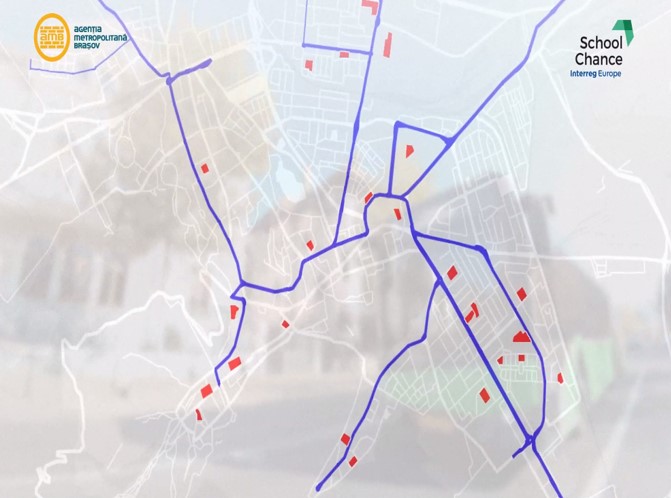
Utrecht
Utrecht presented the online traffic education initiative that is taking place in the schools of the territory. Before the beginning of the COVID19 pandemic, the traffic education was organised in presence at school and was organised with a theoretical part in the classroom and a practical part on a trial outside. One of the effect of the initiative was that parents were more confident to let their children go by bike to school, with a general decrease in pollution.
With COVID19, the traffic education shifted into an online program. The parts of the online program are, among others: theory film, live session with the Cycling Master, bicycle dilemma’s, quiz and a bicycle freeze challenge. To join the program, schools only need a laptop and a digiboard or screen with beamer and follow the instructions received. The feedback on this initiative were positive both on the school side (teachers) and on the parents and children side.
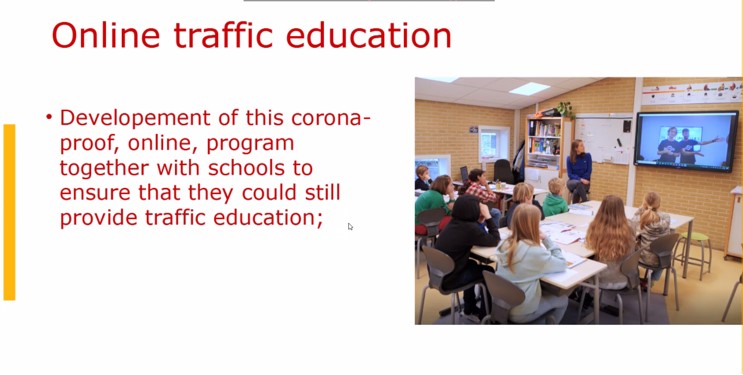
Gdansk
Gdansk presented the good practice of “Cycling May” that was developed before COVID19 pandemic and that was adapted afterward.
The Cycling May campaign promotes sustainable mobility among preschool children and primary school pupils. Every person who attends school in an active way in May (bicycle, scooter, rollerblades or skateboard) receive stickers for a bicycle diary and a joint class poster. The most active pupils, classes and schools are rewarded. With the pandemic, the rules changed in order to motivate people to still be active even if not in the way to school. During the pandemic, journey rewarded in the Cycling May competition were the journeys to every destination. The rule was that the trip should be held by bike, scooter, and rollerblades or roller-skates and that it lasts a minimum of 30 minutes. The journeys are then registered by teachers in a special app as they were in the regular “Cycling May campaign”. This adapted initiatives had a great impact, increasing the use of ecological means of transport and assuring an appropriate dose of physical activity during the pandemic.
